Engine Oil for 6.7 Powerstroke: A Comprehensive Overview
Engine oil plays a vital role in maintaining the performance and longevity of any vehicle, and the 6.7 Powerstroke engine is no exception. The 6.7 Powerstroke engine, produced by Ford, is known for its robust power output and reliability. This summary will explore various aspects of engine oil for the 6.7 Powerstroke, including its importance, recommended oil types, specifications, and maintenance tips.
Importance of Engine Oil for 6.7 Powerstroke:
Engine oil serves multiple critical functions in any combustion engine, including the 6.7 Powerstroke. It lubricates the internal components, reducing friction and wear. Additionally, it helps cool the engine, prevents the formation of harmful deposits, and plays a vital role in maintaining proper combustion efficiency. Without regular oil changes and the use of the right oil, engine performance could be compromised, leading to decreased fuel efficiency and potential engine damage.
Recommended Engine Oil Types:
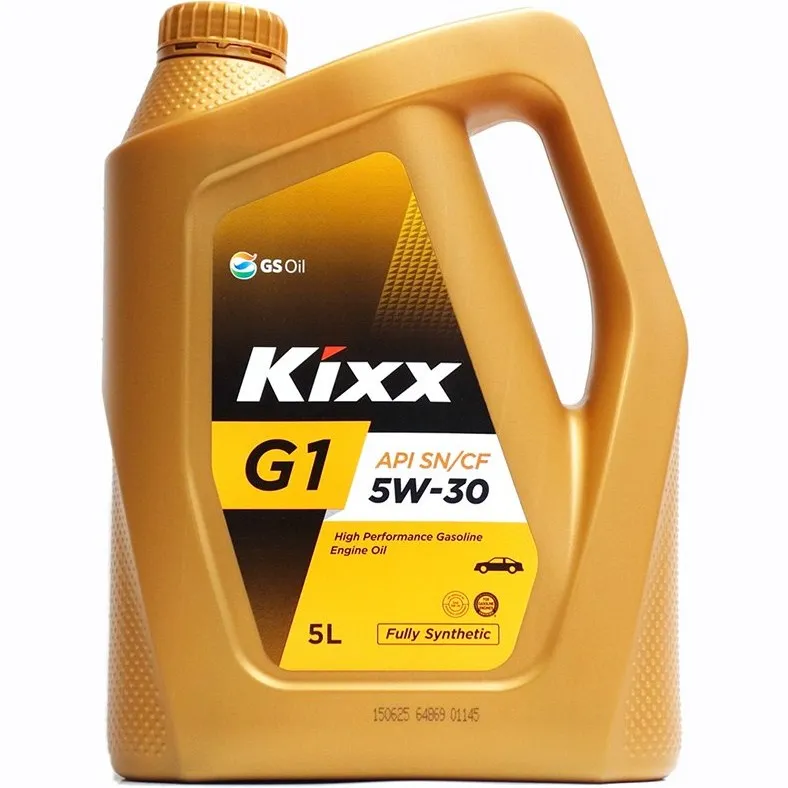
1. Full-Synthetic Engine Oil:
Full-synthetic engine oil is highly recommended for the 6.7 Powerstroke engine. This type of oil offers superior protection and performance, especially under demanding conditions. It has excellent high-temperature stability, ensuring optimal lubrication even during extreme operating conditions. Full-synthetic oils also provide better protection against sludge and deposit formation, extending engine life and improving fuel efficiency.
2. API CJ-4 Standard:
When choosing engine oil for the 6.7 Powerstroke, one must ensure it meets the API CJ-4 standard. The American Petroleum Institute (API) sets these standards to ensure the oil meets the requirements for modern diesel engines. The CJ-4 standard focuses on reducing emissions, improving fuel efficiency, and providing enhanced protection against wear and sludge buildup.
3. Viscosity Ratings:
Engine oil viscosity is another critical factor to consider. The recommended viscosity rating for the 6.7 Powerstroke engine is typically 5W-40. This rating indicates the oil’s ability to flow at low temperatures (5W) while providing sufficient lubrication and protection at high temperatures (40). However, it is important to consult the vehicle’s owner manual or manufacturer guidelines to determine the appropriate viscosity rating based on specific conditions and applications.
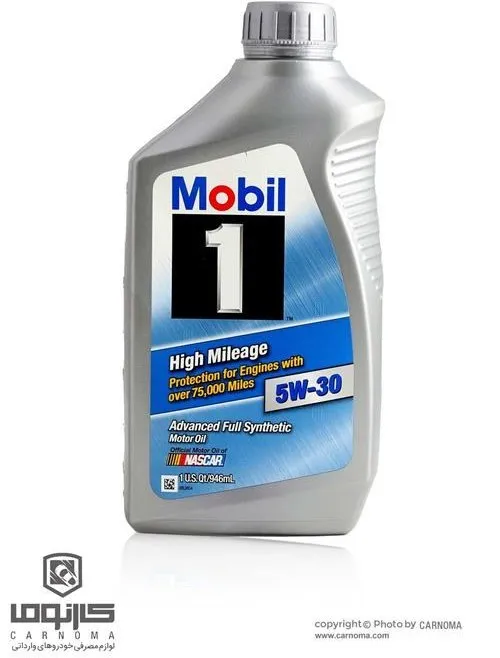
Engine Oil Specifications for 6.7 Powerstroke:
1. Ford Material Engineering Specification (MES):
The Ford Motor Company has its specific engine oil specifications for the 6.7 Powerstroke engine. It is crucial to ensure that the selected oil meets these specifications to guarantee optimal performance and longevity. The Ford Material Engineering Specification (MES) for the 6.7 Powerstroke engine defines the recommended oil characteristics, including viscosity, performance levels, and additives. Consult the vehicle’s owner manual or reach out to a Ford dealership to obtain the specific MES requirements.
2. Diesel engine oil certification:
In addition to the MES, various diesel engine oil certifications should be considered when selecting oil for the 6.7 Powerstroke. These include industry certifications such as ACEA (The European Automobile Manufacturers’ Association), ILSAC (International Lubricant Standardization and Approval Committee), and API (American Petroleum Institute) specifications such as CK-4 and FA-4. These certifications ensure that the oil has undergone quality testing and meets the necessary performance criteria.
Maintenance Tips for Engine Oil in 6.7 Powerstroke:
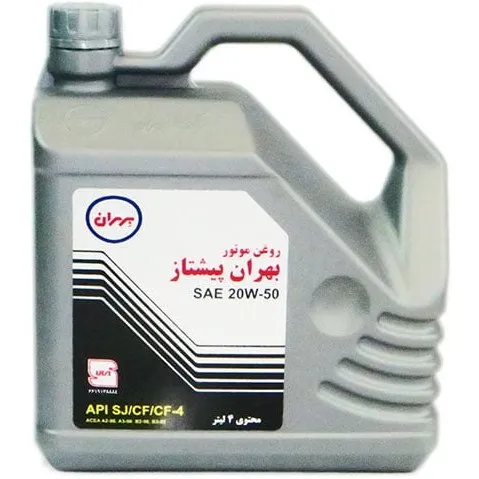
1. Regular Oil Changes:
To maintain engine health and performance, regular oil changes are crucial. It is recommended to follow the manufacturer’s guidelines regarding oil change intervals. For the 6.7 Powerstroke, it is typically advised to change the oil every 7,500 miles, though this can vary based on driving conditions, usage, and oil type. Regular oil changes prevent oil degradation, sludge accumulation, and ensure proper lubrication and cooling of the engine.
2. Monitor Oil Level and Quality:
Regularly monitor the oil level and quality to ensure it is within acceptable limits. Low oil levels can cause insufficient lubrication, leading to premature engine wear and damage. Additionally, regularly check for oil contaminants like coolant or metal particles, which may indicate potential engine problems. If such contaminants are found, consult a professional mechanic to diagnose the issue.
3. Use High-Quality Filters:
When changing the engine oil, it is equally important to use high-quality oil filters. Oil filters help remove impurities and debris from the oil, ensuring its cleanliness and effectiveness. Using substandard filters can result in poor oil filtration, reducing engine performance and potentially causing damage.
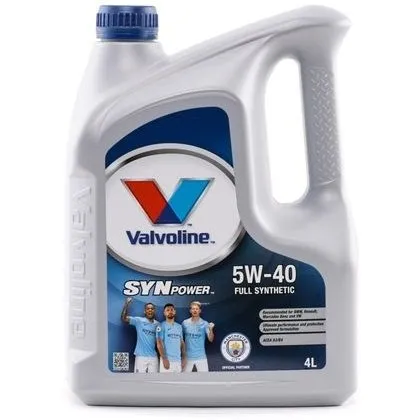
Conclusion:
Engine oil selection and maintenance play a crucial role in ensuring the optimal performance and longevity of the 6.7 Powerstroke engine. The use of full-synthetic oil meeting the API CJ-4 standard, adhering to the recommended Ford MES and diesel engine oil certifications, and following regular oil change intervals are key to protecting the engine from wear, improving fuel efficiency, and maintaining overall vehicle reliability. By following these guidelines, owners of the 6.7 Powerstroke can ensure their engines perform at their best, delivering power and reliability for years to come.I. The Importance of Choosing the Right Engine Oil
Choosing the right engine oil is critical for the 6.7 Powerstroke engine’s performance and longevity. The 6.7 Powerstroke engine is known for its durability and power output, but using the wrong type of oil can compromise its efficiency and lead to costly damage. Therefore, it is crucial for businesses and vehicle owners to understand the importance of choosing the right engine oil.
Using the appropriate engine oil ensures proper lubrication of internal components, reducing friction and wear. This is particularly important for the 6.7 Powerstroke engine, which operates under high compression and generates significant heat. The right engine oil also helps to cool the engine by absorbing and dissipating heat and preventing the formation of harmful deposits that can impede engine performance.
II. The Benefits of Full-Synthetic Engine Oil
Full-synthetic engine oil is highly recommended for the 6.7 Powerstroke engine. It offers numerous benefits over conventional oils, making it an excellent choice for businesses and individuals looking to optimize engine performance.
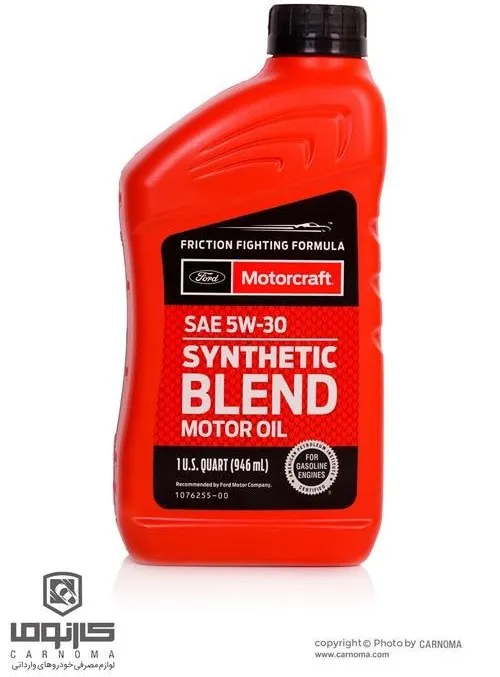
One of the key advantages of full-synthetic oil is its superior high-temperature stability. The 6.7 Powerstroke engine operates at high temperatures, and full-synthetic oil’s resistance to breakdown under extreme heat ensures optimal lubrication. This, in turn, minimizes wear and prolongs the engine’s lifespan.
Full-synthetic oil also provides better protection against sludge and deposit buildup. Its advanced formulation helps to prevent the formation of harmful engine deposits, ensuring clean and efficient operation. This translates into improved fuel efficiency, reduced emissions, and enhanced overall engine performance.
III. The API CJ-4 Standard and Its Significance
When selecting engine oil for the 6.7 Powerstroke engine, it is essential to ensure that it meets the API CJ-4 standard. The American Petroleum Institute (API) sets these standards to ensure that oils meet the requirements of modern diesel engines.
The CJ-4 standard has specific performance criteria that focus on reducing emissions, improving fuel economy, and providing enhanced protection against wear and sludge buildup. By using engine oil that meets the CJ-4 standard, businesses and vehicle owners can be confident that they are using a high-quality product designed to maximize the performance and longevity of the 6.7 Powerstroke engine.
IV. Understanding Viscosity Ratings
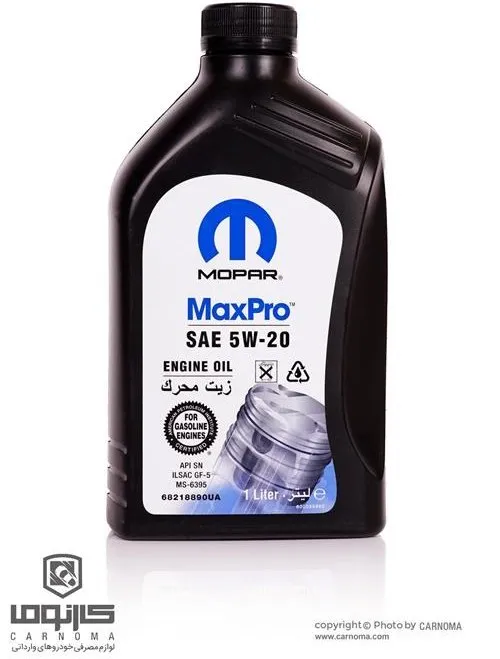
Viscosity ratings are essential when selecting engine oil for the 6.7 Powerstroke. The viscosity rating indicates the oil’s ability to flow at different temperatures, and selecting the appropriate viscosity ensures optimal engine performance.
For the 6.7 Powerstroke, the recommended viscosity rating is typically 5W-40. The “5W” represents the oil’s ability to flow at cold temperatures, providing easy starting and lubrication during cold weather conditions. The “40” indicates the oil’s viscosity at high temperatures, ensuring sufficient lubrication and protection under extreme operating conditions.
It is important to consult the vehicle’s owner manual or manufacturer guidelines to determine the specific viscosity rating required for the 6.7 Powerstroke based on the climate, driving conditions, and specific applications.
V. Understanding Ford Material Engineering Specifications (MES)
The Ford Motor Company has its specific engine oil specifications for the 6.7 Powerstroke engine. These specifications, known as Ford Material Engineering Specifications (MES), define the recommended oil characteristics, including viscosity, additives, and performance levels.
To ensure optimal engine performance, it is crucial to select engine oil that meets the specific MES requirements outlined by Ford. Following these guidelines helps maintain warranty compliance and ensures that the engine receives the lubrication and protection it needs.
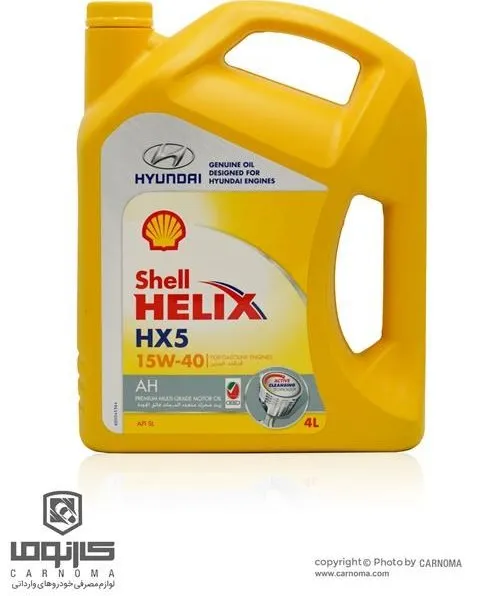
Businesses and vehicle owners should consult the vehicle’s owner manual or contact a Ford dealership to obtain the specific MES requirements for the 6.7 Powerstroke engine.
VI. Other Diesel Engine Oil Certifications
In addition to Ford’s MES, various diesel engine oil certifications should be considered when selecting oil for the 6.7 Powerstroke engine. These certifications provide further assurance of the oil’s quality and performance.
Certifications such as ACEA (The European Automobile Manufacturers’ Association), ILSAC (International Lubricant Standardization and Approval Committee), and API (American Petroleum Institute) specifications such as CK-4 and FA-4 ensure that the oil has undergone rigorous testing and meets industry standards for performance and quality.
Businesses and individuals should look for engine oil that carries these certifications to ensure they are using a product that has been independently verified for its performance and compatibility with the 6.7 Powerstroke engine.
VII. The Importance of Regular Oil Changes

Regular oil changes are essential for maintaining the health and performance of the 6.7 Powerstroke engine. Over time, engine oil deteriorates and loses its effectiveness, resulting in reduced lubrication, increased friction, and decreased engine performance.
The frequency of oil changes for the 6.7 Powerstroke engine may vary depending on various factors such as driving conditions, usage, and oil type. However, as a general guideline, it is recommended to change the oil every 7,500 miles or as specified in the vehicle’s owner manual.
Regular oil changes not only ensure optimal lubrication and cooling of the engine but also help prevent sludge accumulation and the formation of harmful deposits. By staying on top of oil changes, businesses and vehicle owners can protect their investment and maximize the performance of their 6.7 Powerstroke engines.
VIII. Monitoring Oil Level and Quality
In addition to regular oil changes, monitoring the oil level and quality is crucial for maintaining the health of the 6.7 Powerstroke engine. Checking the oil level regularly ensures that it remains within the acceptable range for proper engine lubrication.
It is also important to inspect the oil quality for any contaminants, such as coolant or metal particles. These contaminants can indicate potential engine problems that may require attention. If any abnormalities are detected in the oil, it is advisable to consult a professional mechanic to diagnose and address the issue promptly.
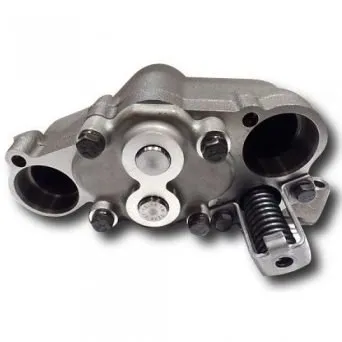
IX. The Role of Oil Filters
Alongside the engine oil, the quality of oil filters used in the 6.7 Powerstroke engine is equally important. Oil filters play a crucial role in maintaining the cleanliness and effectiveness of the oil by removing impurities and debris.
Choosing high-quality oil filters is essential to ensure proper oil filtration, which enhances engine performance and protects against wear and damage. Inferior filters may compromise the oil filtration process, decreasing engine efficiency and potentially leading to costly repairs.
When changing the engine oil, it is recommended to use reputable and compatible oil filters that are designed specifically for the 6.7 Powerstroke engine. This helps businesses and vehicle owners to maintain the integrity of the oil and maximize the performance of their engines.
X. Conclusion
Choosing the right engine oil is crucial for businesses and vehicle owners with the 6.7 Powerstroke engine. By using full-synthetic oil that meets the API CJ-4 standard, adhering to Ford’s MES and other applicable diesel engine oil certifications, and following regular maintenance practices, optimum performance and durability can be achieved.
Regular oil changes, monitoring oil level and quality, and using high-quality oil filters are essential steps for ensuring the longevity of the 6.7 Powerstroke engine. By prioritizing these maintenance practices, businesses and vehicle owners can protect their investment and enjoy the reliable and powerful performance offered by the 6.7 Powerstroke engine for years to come.